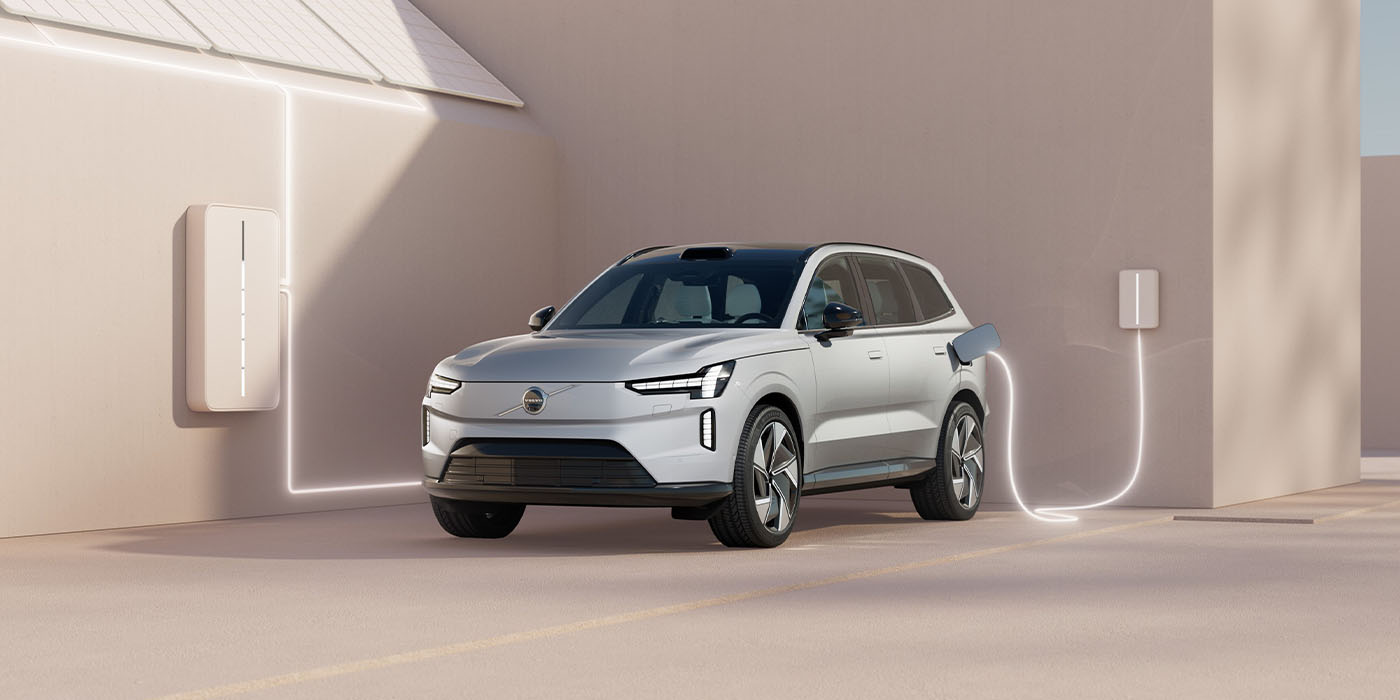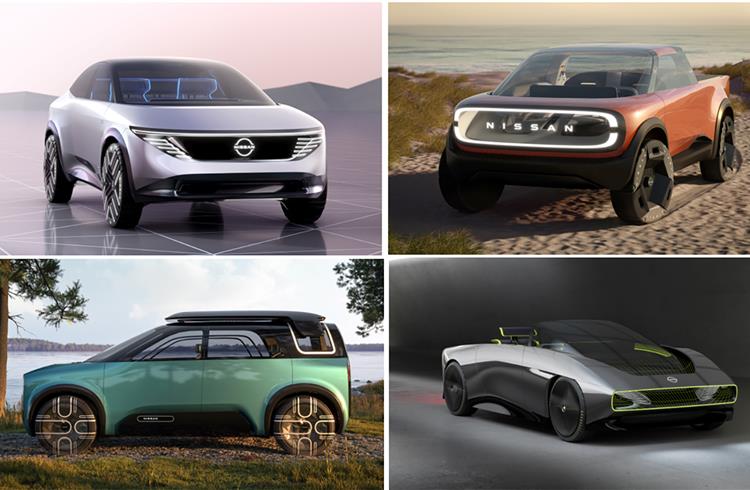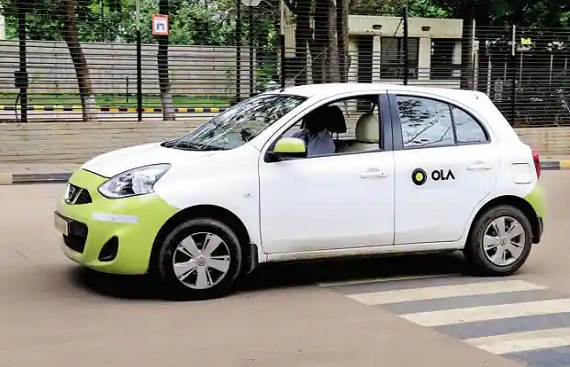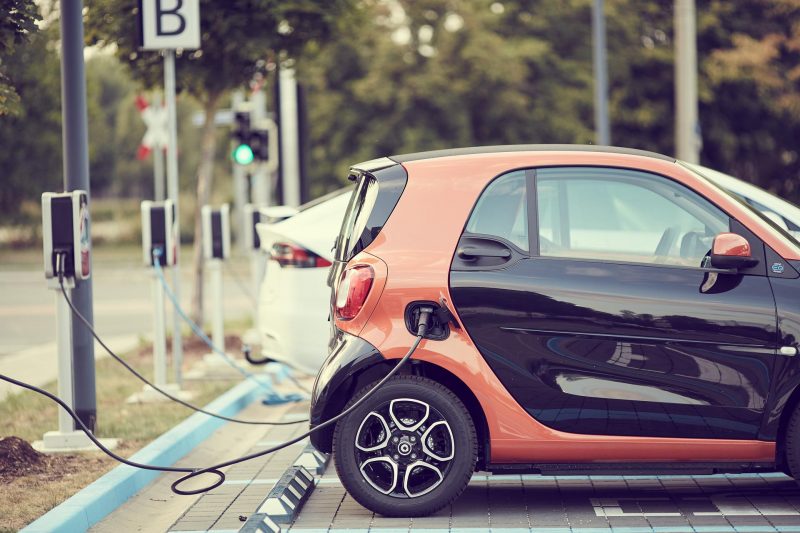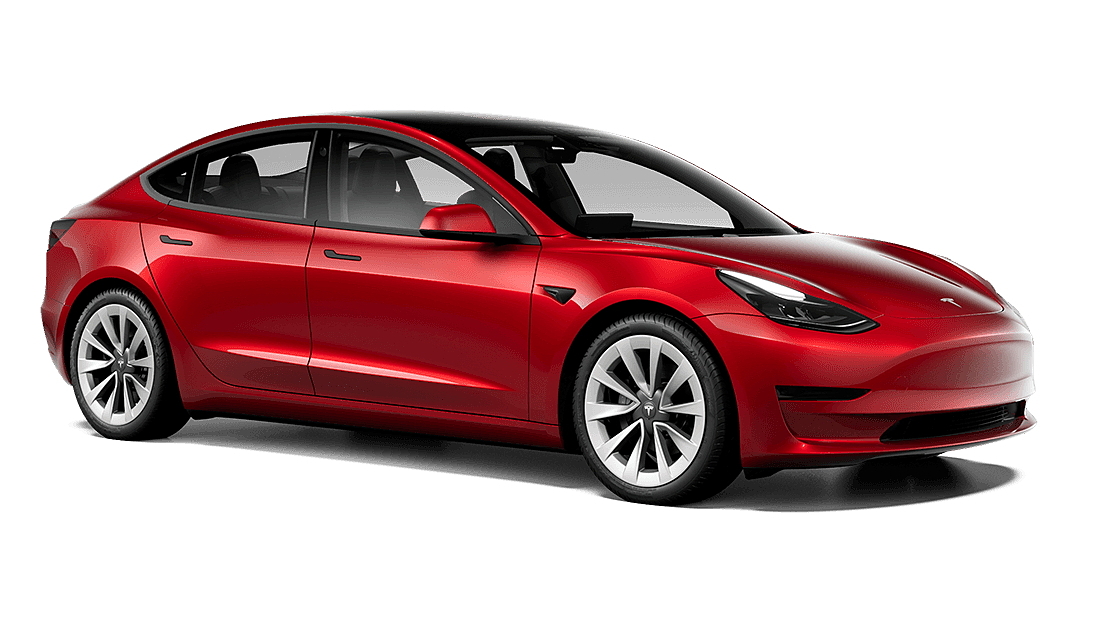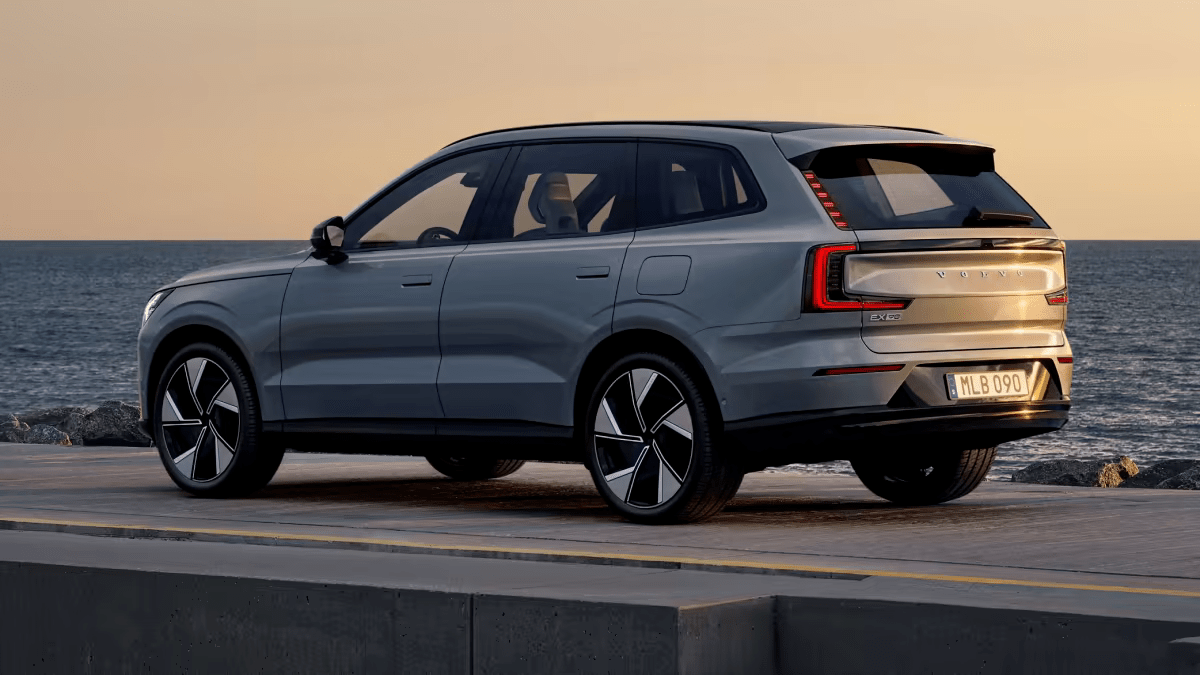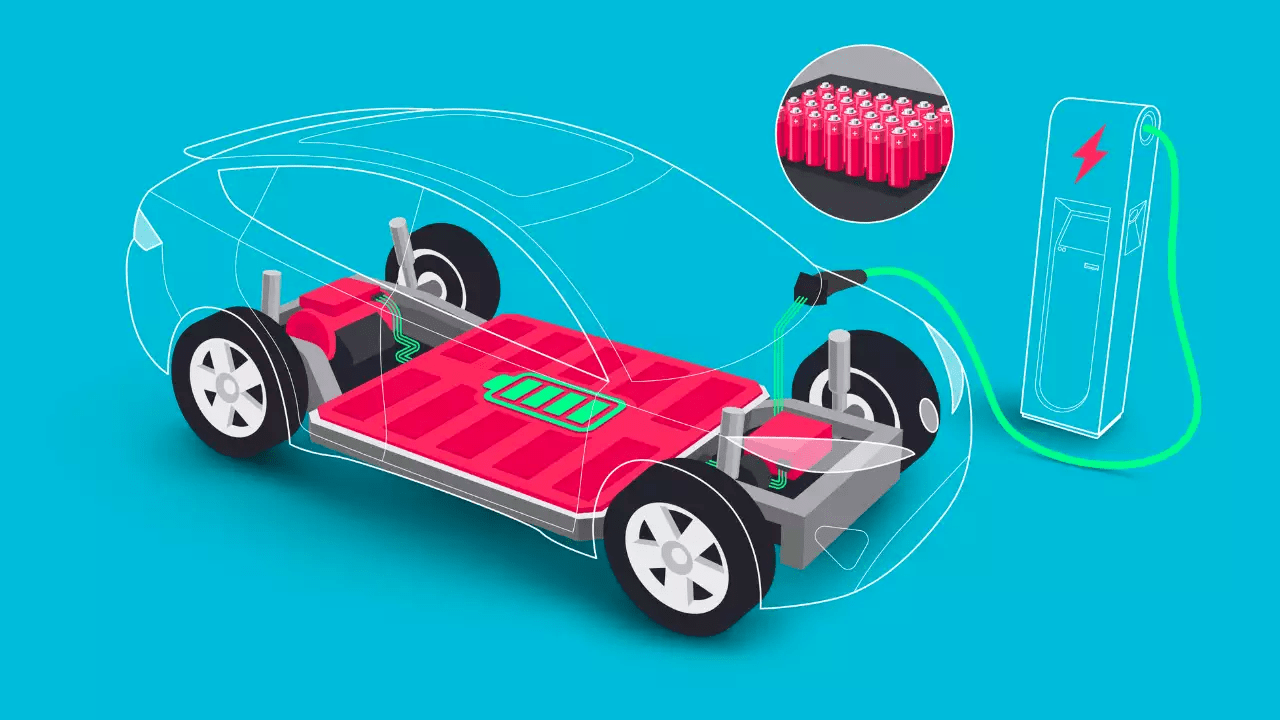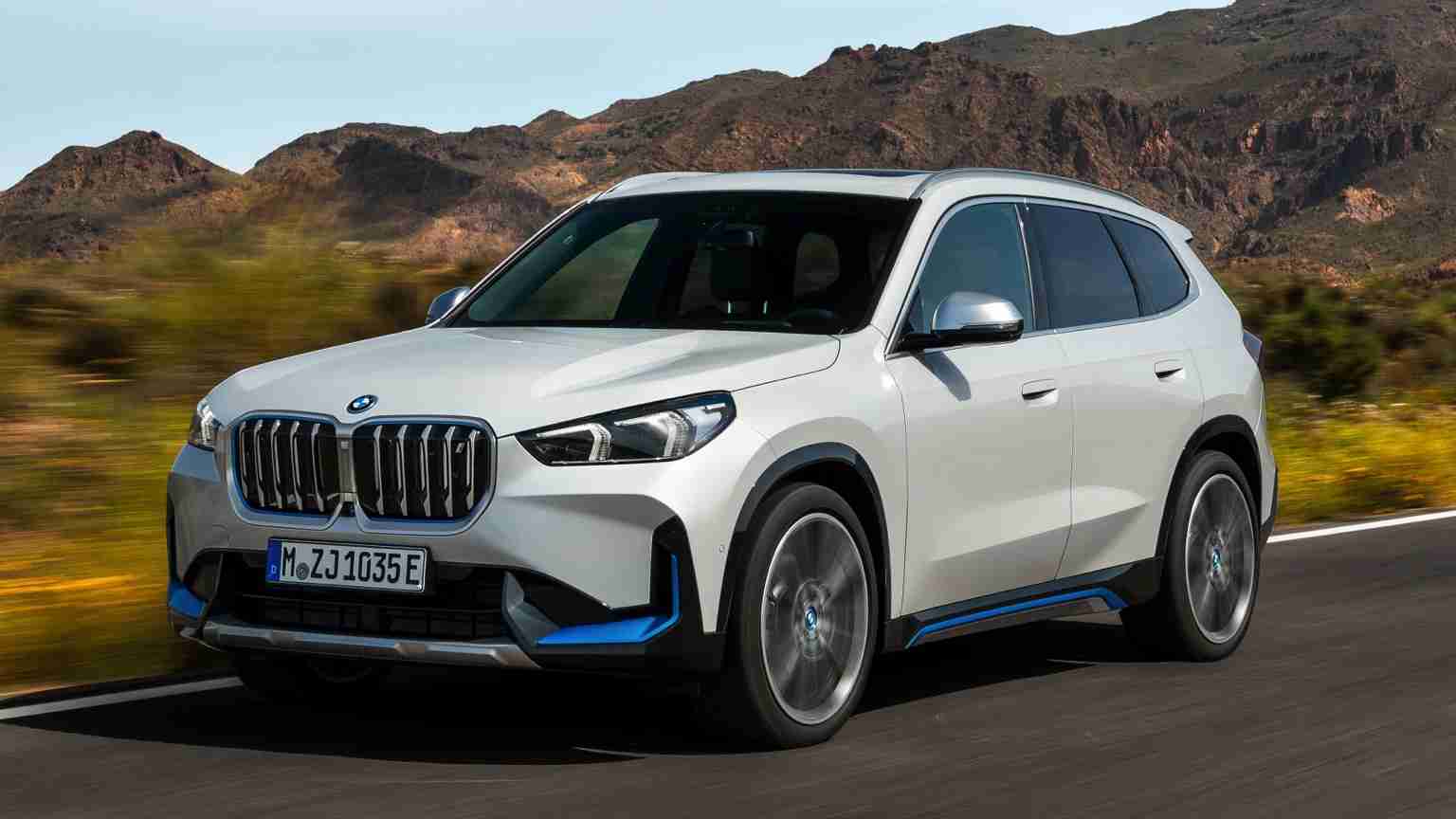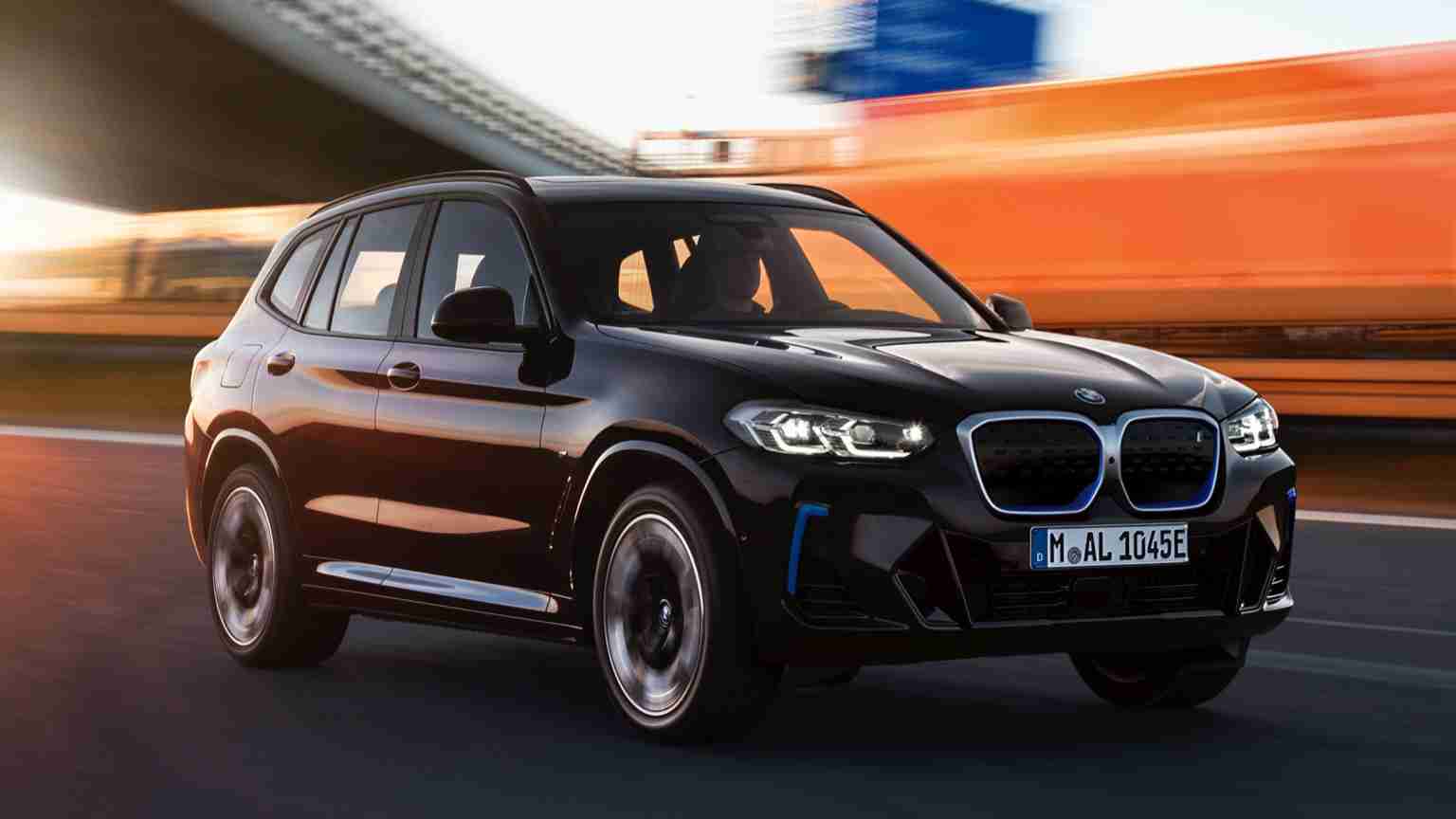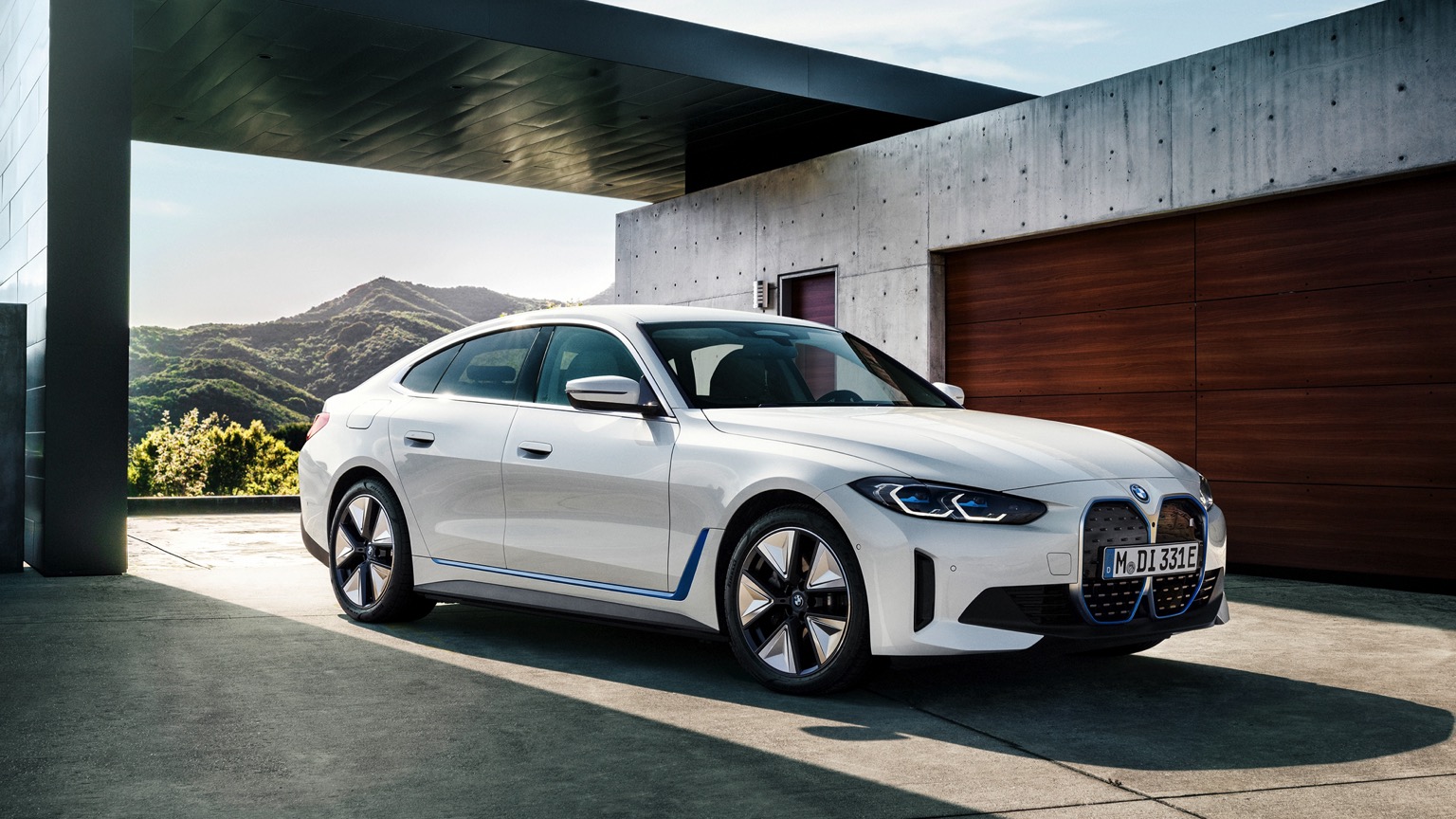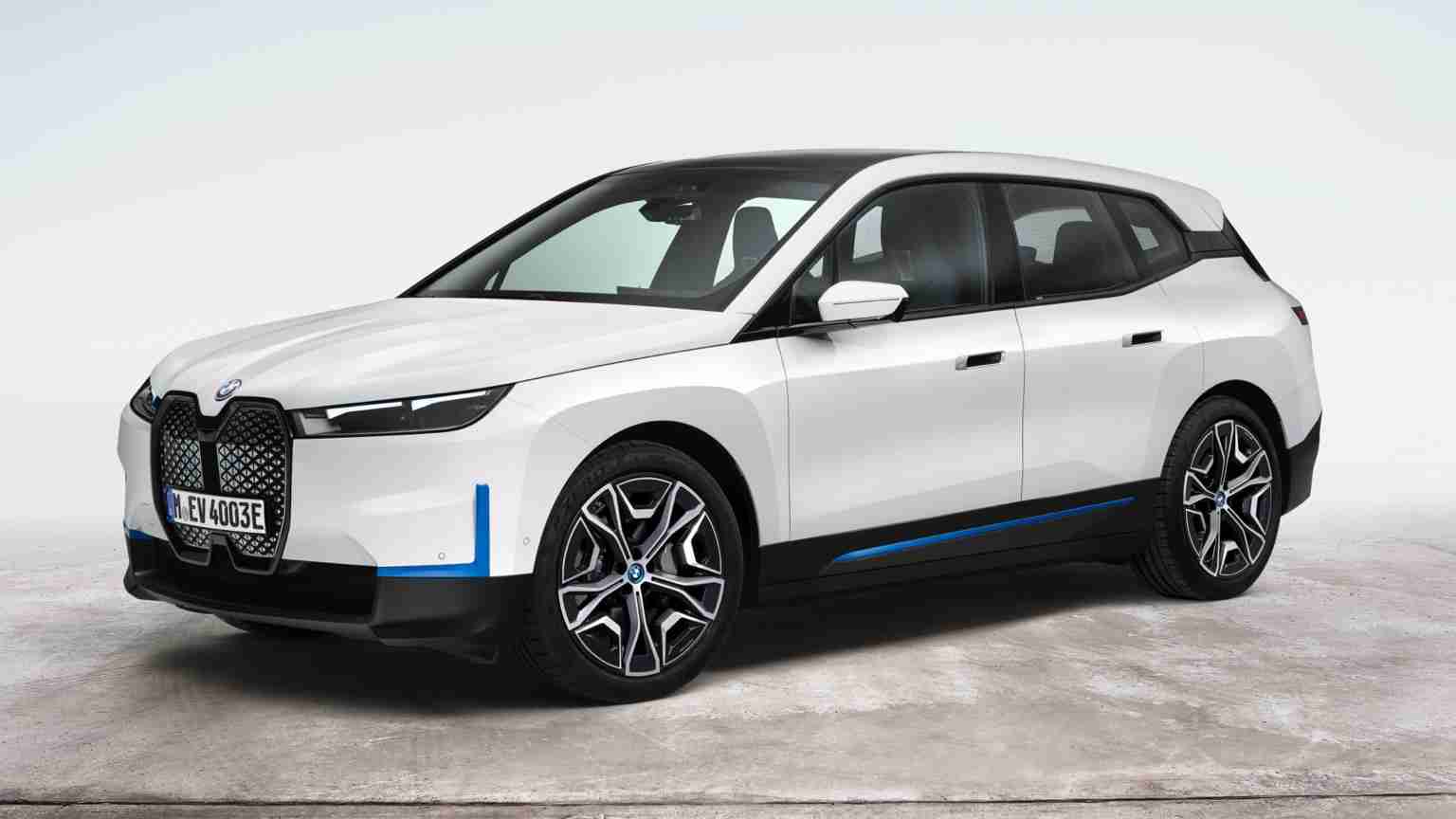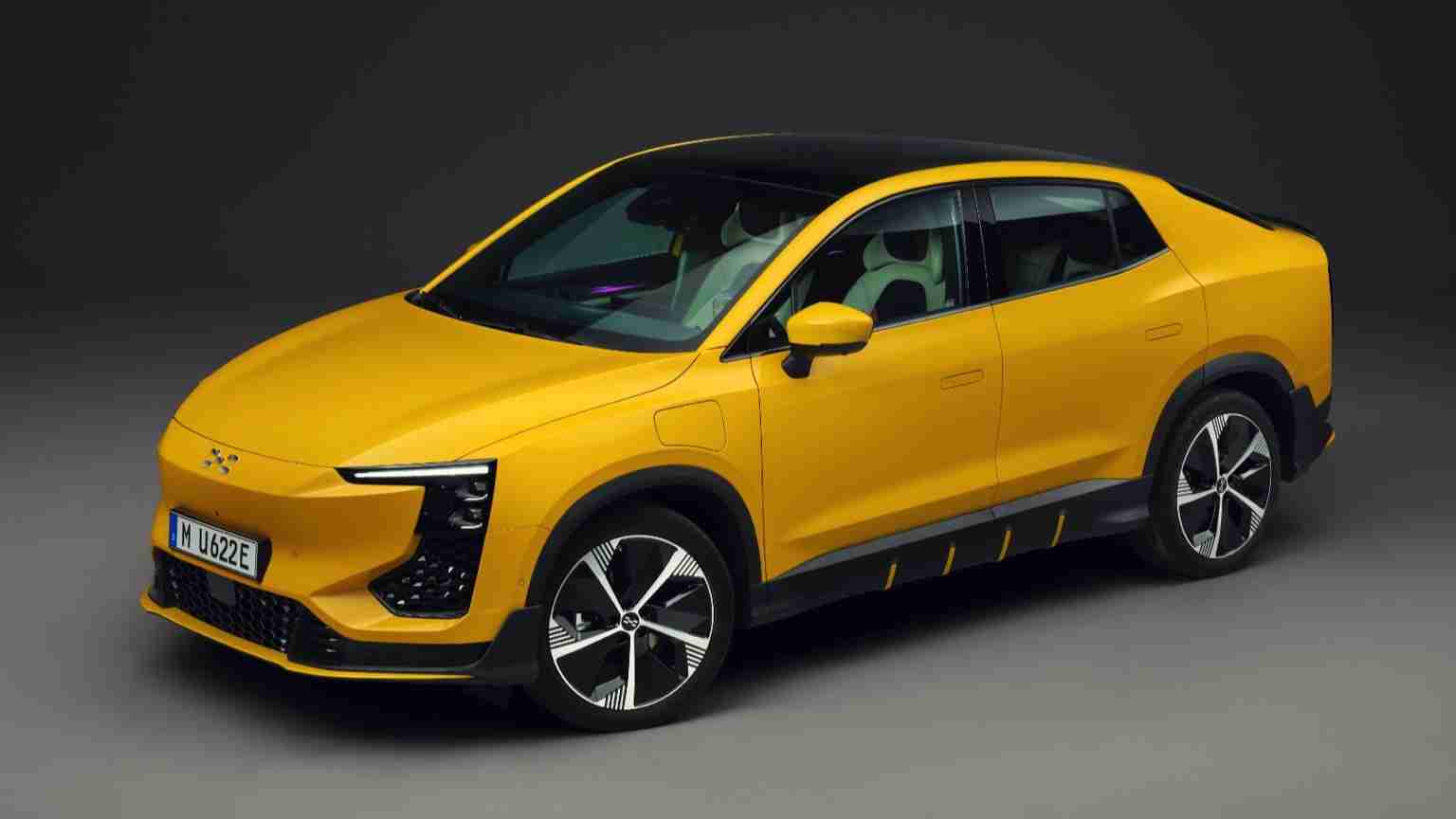How Long Does it take to Charge an Electric Car? - Factors That Affect Electric Car Charging Time
All Electric cars work on battery and a battery works when it's fully charged. A simple logic behind working with an electric vehicle. If you hold a small or biggest EV car and wondering how long it takes to charge an electric car then this content will guide you about an EV charging time. Basically, the charging time of an electric vehicle depends on various factors like power source, the vehicle's charger capacity, battery size, and many more. But if you want to know the estimated charge time it takes to charge an electric car then jump into the further modules without having any second thoughts.
How Long Does it Take to Charge an Electric Car?
How long it will take to charge the electric vehicle completely depends on each and every charging equipment of an EV. It may be charging point, charging station, power output, battery size, vehicle's charging capacity, charge level, and level 1 and level 2 charging outlets, etc. estimates the time it takes to top up an EV.
Below is a quick summary of how long does it take to charge an electric car with the help of different charging options which helps in realizing how to do when to do it, and what time it takes to finish.
|
Standard charging |
Dual / high power charging |
Public charging station |
|
|
Longest charge time |
15 hrs 18 mins |
9 hrs 36 mins |
2 hrs 42 mins |
|
Fastest charge time |
3 hrs |
2 hrs 30 mins |
11 mins 36 s |
|
Average charge time |
8 hrs 43 mins |
5 hrs 56 mins |
1 hr 17 mins |
|
Most common charge time |
12 hrs |
4 hrs 45 mins |
27 mins 12 s |
Factors that Impact Electric Vehicle (EVs) Charging Time
Some of the primary factors that impact the charging time of an electric car are explained here in detail for your reference:
Battery size: The main factor to estimate the charge time is the size of the battery. If the battery size/capacity of your EV is bigger, then the charging time it takes is longer compared to the small battery capacity EVs.
Battery State (Empty vs Full): One more factor is the state of the battery, which means empty or full. When the battery state is empty then charging time takes longer than if you are topping up from half of the state ie., 50%.
Maximum Charging Value of Chargepoint: What is the max charging rate of ChargePoint also plays an important role in calculating the time taken to charge an electric vehicle. For instance, if your vehicle can charge at 11kW and if the ChargePoint is 7kW then it will only charge at 7kW.
Maximum Charging Rate of Vehicle: There is a limited charge rate of the vehicle where it accepts that maximum charging rate while charging a vehicle's battery. For instance. if your vehicle has a max charge rate of 7kW then you should charge with a 7kW ChargePoint there is no point in charging any faster via a 22kW ChargePoint.
Environmental Factors: When you charge your vehicle at a colder temperature then it takes a slightly longer time to charge compared to hot temperatures. If it is using a rapid charger then it's so tough to charge also it adds fewer miles per time charging.
What is meant by top-up charging?
Top-up charging means plug-in to charge while parking at home overnight or at charging stations near the gym, Walmart, petrol bunks, or workplace during day time.
Topping up your EV car battery above 20% and below 80% is the best but doing the same in hot weather is not advisable by many manufacturers because the act of charging combined with unreasonable heat can badly impact your EV thermal management systems and internal resistance systems.
About Rapid Charging or Fast Charging
Fast or rapid charging means charging the vehicle in less time. It seems convenient and simple but that race comes with a caveat. Also, it becomes easier to approach thanks to plans from electrifying America and another ongoing drive to shed the nation's charging infrastructure.
However, rapid charging protects the battery from overcharging and holds it in optimum condition. Many estimated charging times by manufacturers are done over how long DCFCs can obtain your battery charged to 80%.
How much range do you take per hour of charging?
One of the most anticipated queries raised about EV charging time is how many miles of range it can last per hour of charging. It's totally unpredictable to get the range per hour of charging EVs.
Basically, it depends on how efficient your EV is, also what type of electric car you own like small or big. Most of the time, the efficiency of an electric vehicle can also be based on natural factors such as temperature when it is hot the range per hour is slightly better than in a cool climate.
Witness some of the miles of range you can drive per hour of charging from the following table:
|
Miles of range added per hour of charging |
||||
|
3.7kW slow |
7kW fast |
22kW fast |
43-50kW rapid |
150kW rapid |
|
Up to 15 miles |
Up to 30 miles |
Up to 90 miles |
Up to 90 miles in 30 mins |
Up to 200 miles in 30 mins |
How long it takes to fully charge an electric car?
Are you in rush to attend some events and your electric car charging is empty? Now, you'll be worried about how much time it takes to fully charge by using various charging points. Yes, the time to complete the full charge of your electric car varies from one charging point to another charging point. As you all know there are two main options to charge ie., at home and at charging stations.
However, the time of charging might be limited by the maximum electric car charging rate. Fast charging points are the quickest way to charge EVs that give between 60-200 miles of range in 20-30 mins. Whereas home charging points have a power rating of 3.7kW or 7kW. Almost each and every full-battery EV can rapidly charge but not all plug-in hybrid electric cars can do.
The following table makes you understand how much time an electric car takes to charge fully as per their model. Here, we have provided some sample EV models charging time analysis for your reference:
|
Vehicle |
Empty to full charging time*** |
||||||
|
Model |
Battery |
Pod Point Confidence Range* |
3.7kW slow |
7kW fast |
22kW fast |
43-50kW rapid |
150kW rapid |
|
Nissan LEAF (2018) |
40kWh |
143 miles |
11 hrs |
6 hours |
6 hrs |
1 hr |
Can't charge on this kind of charger |
|
Tesla Model S (2019)** |
75kWh |
238 miles |
21 hrs |
11 hrs |
5 hrs |
2 hrs |
<1 hr |
|
Mitsubishi Outlander PHEV (2018) |
13.8kWh |
24 miles |
4 hrs |
4 hours |
4 hours |
40 mins |
Can't charge on this kind of charger |
FAQs on Electric Vehicle Charging Time/Speeds
- Where you can charge an electric car?
You can charge an electric car either at public charging stations or at home using level 1 and level 2 charging points.
- How long does it take to charge an electric car at a public charging station?
Fully charging an electric car at a public charging station can be completed simply in 30 minutes to half-day depends on the battery size of your EV car and how efficient the charging point is.
- How long do electric car batteries last?
Basically, 10-20 years is the maximum lifespan of EV batteries that can last. Due to some reasons, the lifetime of electric vehicles got reduced like in hot climates and more. Also, you have to know that every battery includes hundreds of gently topped-up cells which expect to maintain their capacity of charging and discharging from 100,000 to 200,000 miles
- Can you charge an electric car in 5 minutes?
Yes, it can be possible because recently NASA claims the new heat transfer system offers to charge EVs in 5 minutes charge time at charging stations.
- How long does it take to charge an electric car at home?
When you want to charge your EV to drive for 48 miles then it takes to charge is 12 hours via a domestic outlet. If you require to charge your electric car 0-100% then it takes about 9.5 hours using a 240V 32-amp charger.
- How far can an EV go on a full charge?
Fully electric cars can go on-an average range of 250 miles on one charge. If you need the answer for the latest models like Tesla and Mercedes by marquee companies can go to 600 miles on a single charge.
- Is it cheaper to charge your electric car at home or at a charging station?
Yes, it is cheaper to charge your electric car at home than at a charging station. To charge it in public charging stations, it charges by the kilowatt-hour (kWh) in terms of charging rate. Whereas the charge of an EV at home costs an average of 12 cents per kWh.
- How long does a charge last on an electric car?
A fully charged electric car can last a charge for 150-300 miles.
- How Long Do Leading EVs Take To Fully Charge on the Road?
Check the list of leading EV cars with charging time on the road.
- 2023 Chevrolet Bolt EUV: up to 10 hours
- 2023 BMW iX: under 10 hours
- 2023 Audi Q4 e-Tron: 9 hours
- 2023 Nissan Leaf: 7.5 to 11 hours
- 2023 Mini SE Hardtop: Up to 5 hours
- 2023 Polestar 2: 8 hours
- 2022 Tesla Model S: Up to 12 hours
- 2022 Porsche Taycan (Performance Plus): Up to 10 hours
- 2022 Tesla Model 3: Up to 8 hours
Summary
Here comes at the end of the guide called how long does it take to charge an electric car. We hope all crucial information have shared with you via the above modules. After knowing the complete details on Electric Vehicle Charging Time, you may get some questions in your mind like how much it costs to charge an electric car or Do electric cars have Transmissions, Gears, Uses Oil, etc. Take a look at our blogs on our website @EVCarsHub.com and find every single piece of information on electric cars in less time.
